Jeremić recalls Serbia's WW1 sacrifice
United Nations General Assembly President Vuk Jeremić said in New York on Sunday that WW1 Armistice Day was a day of great significance for the Serbian people.
Monday, 12.11.2012.
17:28

NEW YORK United Nations General Assembly President Vuk Jeremic said in New York on Sunday that WW1 Armistice Day was a day of great significance for the Serbian people. “Between 1914 and 1918, we lost more than a quarter of our (Serbia's) pre-war population - and approximately half of our country's adult males gave their lives in the fight to liberate our lands from a coalition of invaders,” he said in a speech at the Forum on World Civilizations, organized by the China Energy Fund Committee. Jeremic recalls Serbia's WW1 sacrifice Jeremic noted that in some European countries, the symbol of remembrance for the fallen was the red poppy flower, while in Serbia the symbol of World War I suffering was “Ramonda Nathaliae - a flower that grows exclusively in the high peaks of the Balkans, especially around the Mount Kajmakchalan, where some of the fiercest and most decisive battles on the Eastern Front of the First World War took place.” “Named after Serbia's Queen Natalija, the flower is also known as the phoenix, because its purple leaves wither in dry conditions but-very rare in plants-fully come back to life with enough water,” Jeremic said. “It is therefore a symbol of national rebirth, a physical reminder that even when the entirety of our nation had been subjected to the occupiers' brutality, it was able to rise again and reestablish its institutions, culture and faith,” he explained. “I believe its meaning is innately understandable to everyone who identifies himself as belonging to either the Confucian or Christian civilization, which teach us self-sacrifice, patience, solidarity, and mutual respect,” said the UNGA president, at the event dedicated to the Confucian-Christian inter-religious dialogue. He pointed to the need of forging a stronger partnership for peace and development, promoted through dialogue and deeper cooperation between the respective cultures, faiths and societies. Jeremic pointed out that “the gap between what is local and what is global is bridged in the blink of an eye,” and as it “appears to be an irreversible development,” a basic issue before us was “not how to counter globalization, but how to harness it to the advantage of civilizations.” “It is about coming to terms with the fact that no civilization or intellectual tradition holds a monopoly on the claim that it is the keeper of values thought to be universal,” he underscored. “It is my deeply-held view that this constitutes a prerequisite to advance what I have chosen as the overarching theme for the 67th Session of the UN General Assembly, namely bringing about adjustment or settlement of international disputes or situations by peaceful means,” said Jeremic. Vuk Jeremic (Beta/AP, file) Tanjug
Jeremić recalls Serbia's WW1 sacrifice
Jeremić noted that in some European countries, the symbol of remembrance for the fallen was the red poppy flower, while in Serbia the symbol of World War I suffering was “Ramonda Nathaliae - a flower that grows exclusively in the high peaks of the Balkans, especially around the Mount Kajmakchalan, where some of the fiercest and most decisive battles on the Eastern Front of the First World War took place.”“Named after Serbia's Queen Natalija, the flower is also known as the phoenix, because its purple leaves wither in dry conditions but-very rare in plants-fully come back to life with enough water,” Jeremić said.
“It is therefore a symbol of national rebirth, a physical reminder that even when the entirety of our nation had been subjected to the occupiers' brutality, it was able to rise again and reestablish its institutions, culture and faith,” he explained.
“I believe its meaning is innately understandable to everyone who identifies himself as belonging to either the Confucian or Christian civilization, which teach us self-sacrifice, patience, solidarity, and mutual respect,” said the UNGA president, at the event dedicated to the Confucian-Christian inter-religious dialogue.
He pointed to the need of forging a stronger partnership for peace and development, promoted through dialogue and deeper cooperation between the respective cultures, faiths and societies.
Jeremić pointed out that “the gap between what is local and what is global is bridged in the blink of an eye,” and as it “appears to be an irreversible development,” a basic issue before us was “not how to counter globalization, but how to harness it to the advantage of civilizations.”
“It is about coming to terms with the fact that no civilization or intellectual tradition holds a monopoly on the claim that it is the keeper of values thought to be universal,” he underscored.
“It is my deeply-held view that this constitutes a prerequisite to advance what I have chosen as the overarching theme for the 67th Session of the UN General Assembly, namely bringing about adjustment or settlement of international disputes or situations by peaceful means,” said Jeremić.










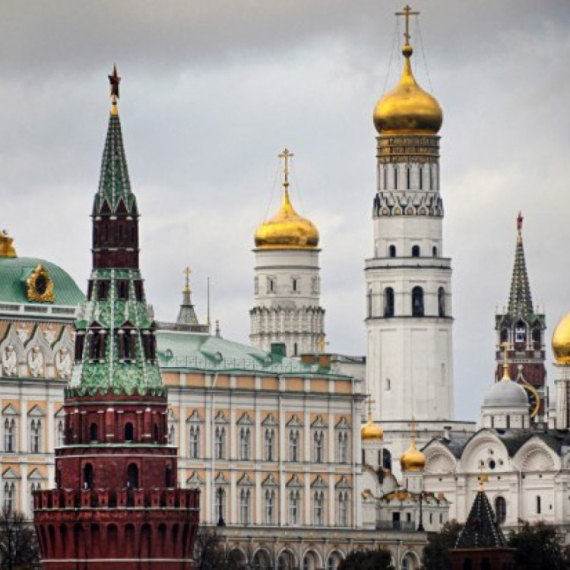



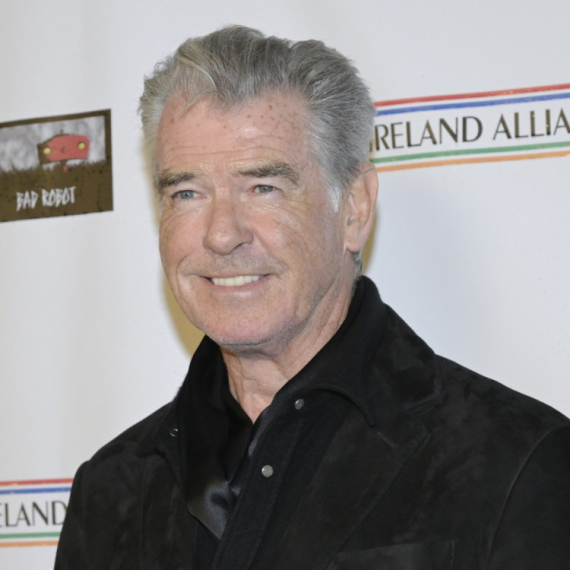
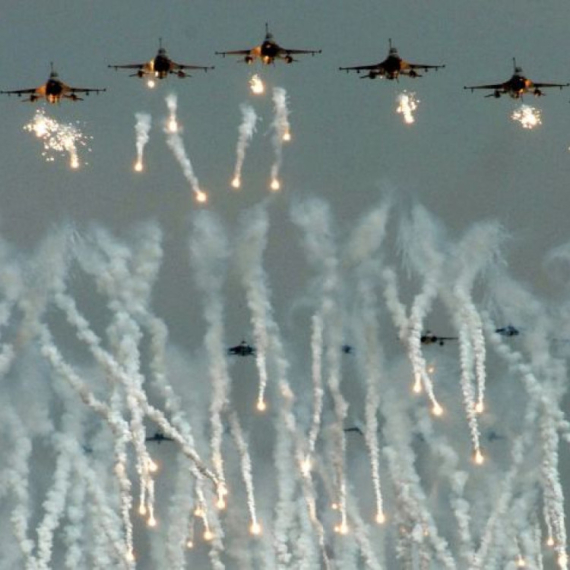
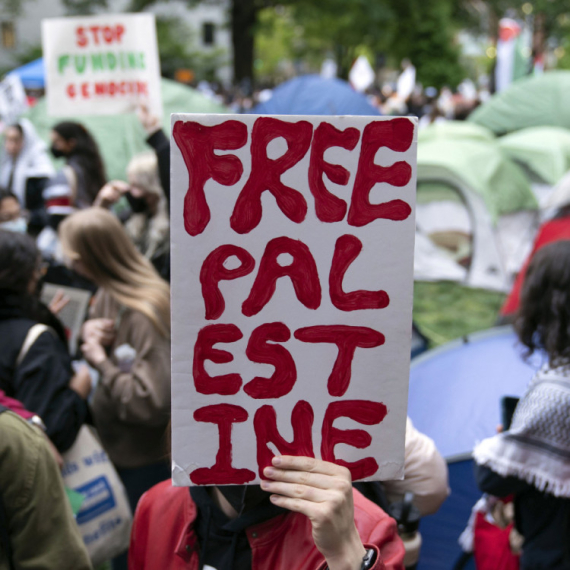
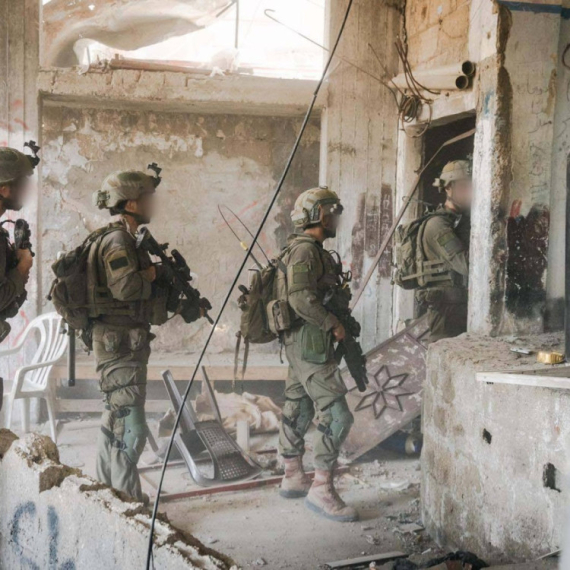


































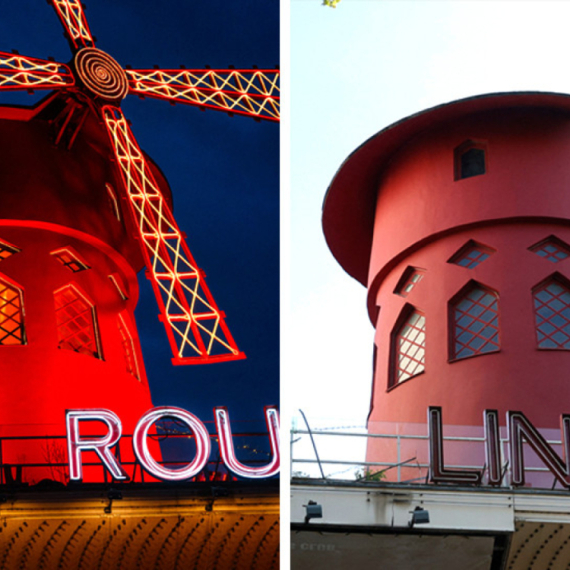





Komentari 3
Pogledaj komentare